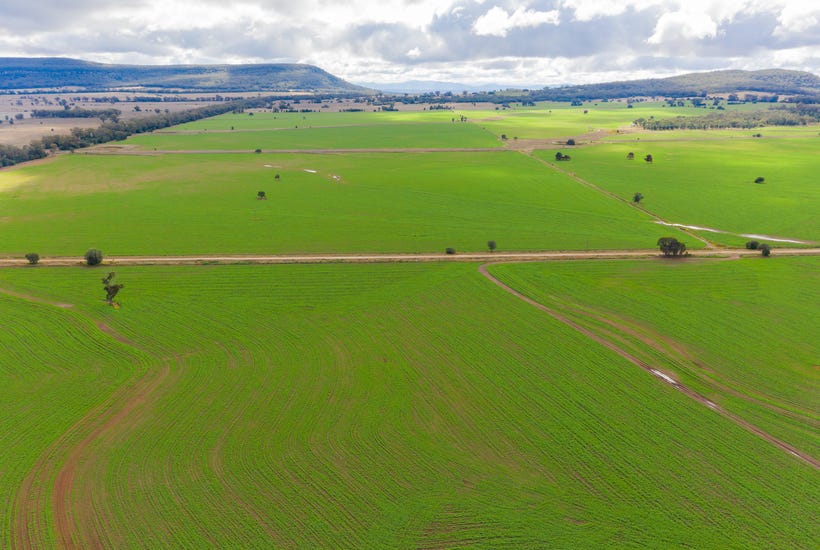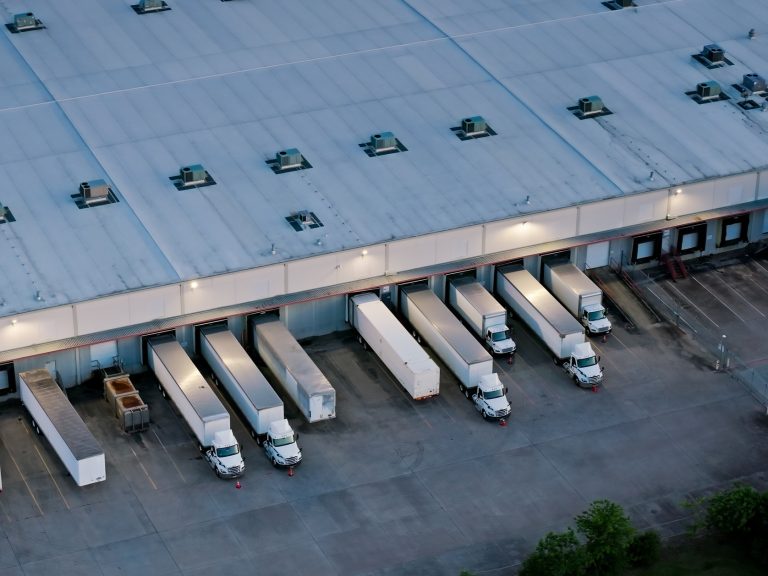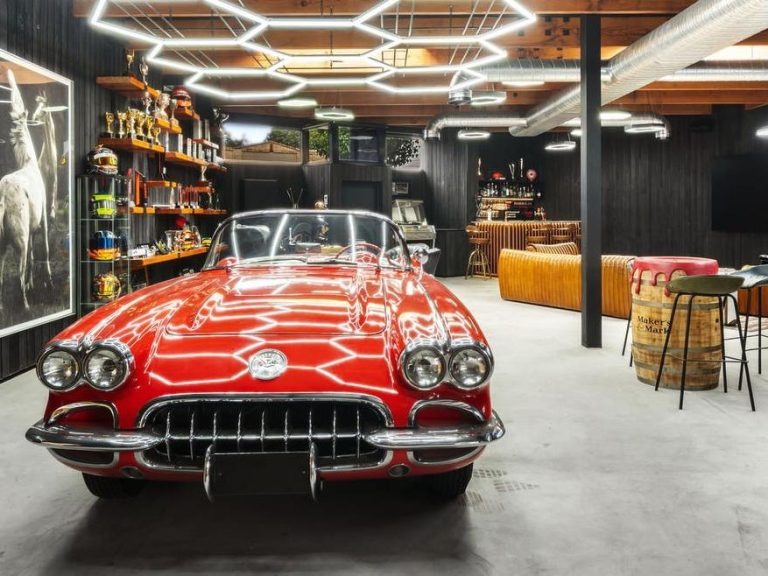Local farmers buy back coal miner’s land as part of $120 million sale

Local farming families and an institutional investor have paid $120 million for a large portfolio of land in the northern NSW food bowl owned by a Chinese mining company.
The 16,500ha of land in the Gunnedah region owned by Shenhua had been earmarked for a controversial coal mine but will be carved up between 12 local farming families and the unnamed corporate institution.
CBRE Agribusiness managing director David Goodfellow said his team made a commitment at the start of the sale process to give local producers an equal opportunity to be successful in purchasing land.
“By fostering and encouraging local participation we received a genuine mix of corporate and family farming interest and it became a very equitable process, which resulted in the sale of about one third of the whole portfolio to an Australian agricultural investment manager and the balance to 12 local farming families,” he said.
“Families in this region have recovered well from the drought and are now looking to expand their operations to capitalise on low interest rates and the continued strength in commodity prices to make intergenerational buying decisions.”

Twelve local farming families bought most of the portfolio of land, which is partly used for beef cattle grazing. Picture: realcommercial.com.au/for-sale
CBRE said there were 59 inspections from 49 interested parties during the sale process, conducted during COVID-19 lockdowns that required travel permits and home isolation periods.
A total of 45 expressions of interest were received for all or part of the three Shenhua aggregations near Tambar Springs, Barraba and Breeza.
Breeza, the largest of the three aggregations at 14,270ha, has been divided up between eight local families and the corporate farming business.
It is currently used for dryland cropping of cereals, legumes and cotton as well as beef cattle grazing, with the opportunity to irrigate.
The Breeza buyers included the Warmoll family, who operate the well-known Jack’s Creek cattle and beef business.
The family acquired about 4900ha which has the capacity to run approximately 3500 cattle year-round.
“Our acquisition of some of the land at Breeza has enabled our family business to bolster our landholdings in this area which helps us to further expand and solidify our business for our next generation,” Patrick Warmoll said.

The land portfolio is also used for mixed dryland cropping. Picture: realcommercial.com.au/for-sale
Two separate families bought the 1208ha Tambar Springs aggregation, which comprises three non-contiguous holdings currently used for mixed dryland cropping and beef cattle production.
Two other separate families purchased the Barraba aggregation, which totals 1114ha and comprises two non-contiguous landholdings. The land area is principally used for beef cattle and sheep production.
Mr Goodfellow said five agricultural corporations were interested in buying the entire Breeza aggregation because of its scale, location and land quality.
“While the successful corporation was also keen to purchase the whole aggregation, they were also willing to purchase just part of the aggregation if that meant some local families had an opportunity to purchase smaller amounts of land in sizes that were affordable to their own businesses,” he said.
“This is what made the process work for multiple stakeholders.”

The biggest land aggregation spanning 14,270ha was divided up between eight local families and a corporate farming business. Picture: realcommercial.com.au/for-sale
Mr Goodfellow said the successful corporate entity wanted their identity kept confidential until a Foreign Investment Review Board approval process was completed.
“This entity is a well-known institutional investor focused on acquiring land that can be improved with highly sustainable farm development practices,” he said.
“This entity’s investment strategy is also well aligned to supporting the new koala corridors and regeneration areas to be established within the boundaries of the land they are acquiring.
“They have acquired approximately 5860ha of the Breeza aggregation, much of which was to be mined for coal, but which will now be re-established and used for mixed farming including livestock production and both summer and winter row cropping.”
This week’s sale deal came after the NSW government last year struck an agreement to pay $100 million to the China Shenhua Energy Company for withdrawing its mining lease application and surrendering its development consent for its Shenhua Watermark Coal project.
The cancellation of the project and exploration licence was announced in April 2021, with the government saying there was a need to balance mining investment in the state with protecting prime agricultural land.
The agreement included the prohibition of future coal mining on the site, the protection of significant Indigenous cultural sites and artefacts, and the management of high biodiversity land including protecting the habitat of koalas and other endangered species.

The land was earmarked for a coal mine before the controversial project was scrapped. Picture: realcommercial.com.au/for-sale
In a CBRE statement announcing the sale, a Shenhua spokesperson said it was pleasing much of the land had been returned to the local farming community.
Shenhua had owned the majority of the landholdings for more than a decade, while farmers continued to work the land.
“Given these properties will now be retained for farming instead of being used for a coal mine, we are delighted that CBRE has been able to work with local families to give them a real opportunity to purchase a significant portion of the land,” the Shenhua spokesperson said.







